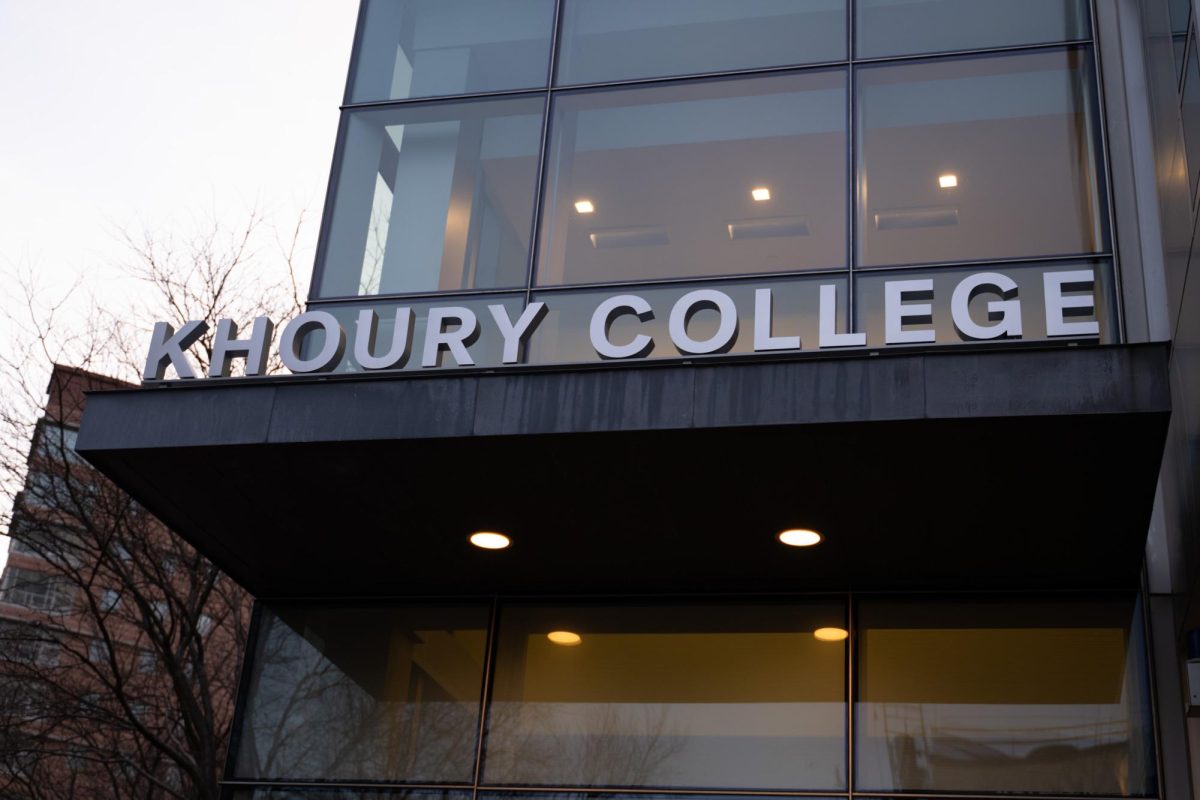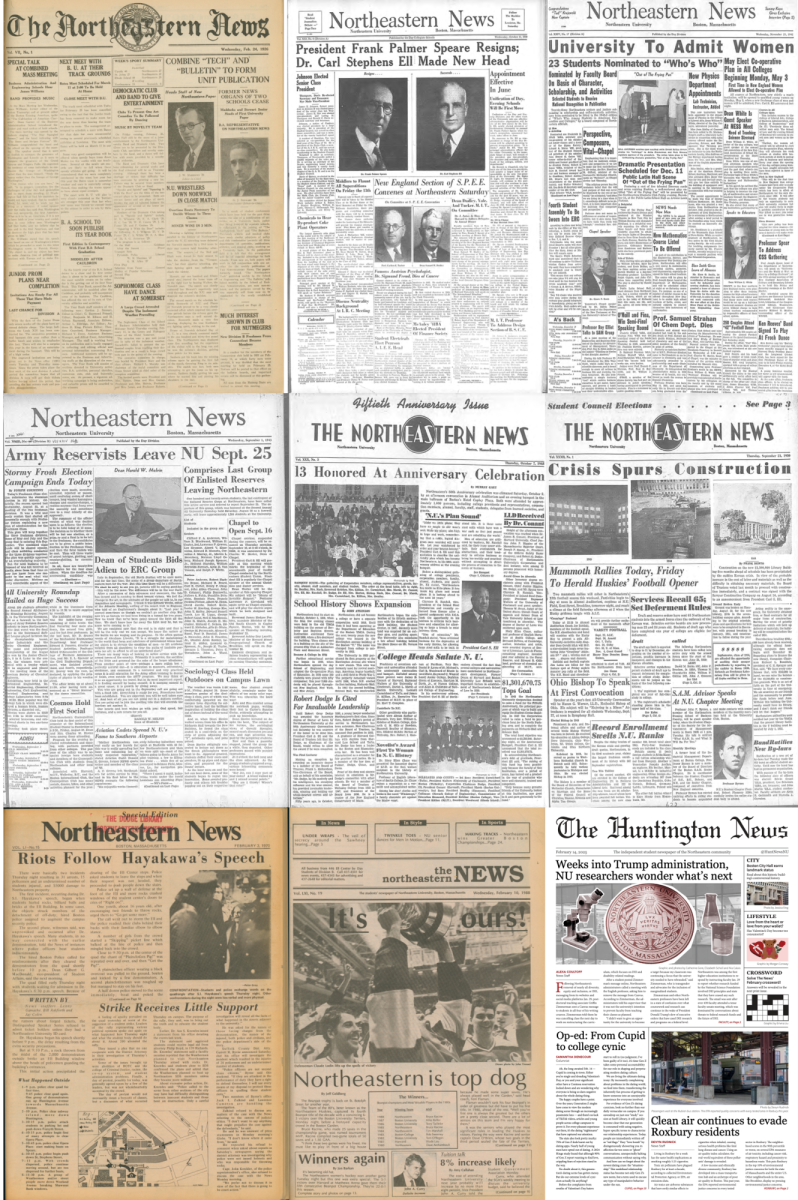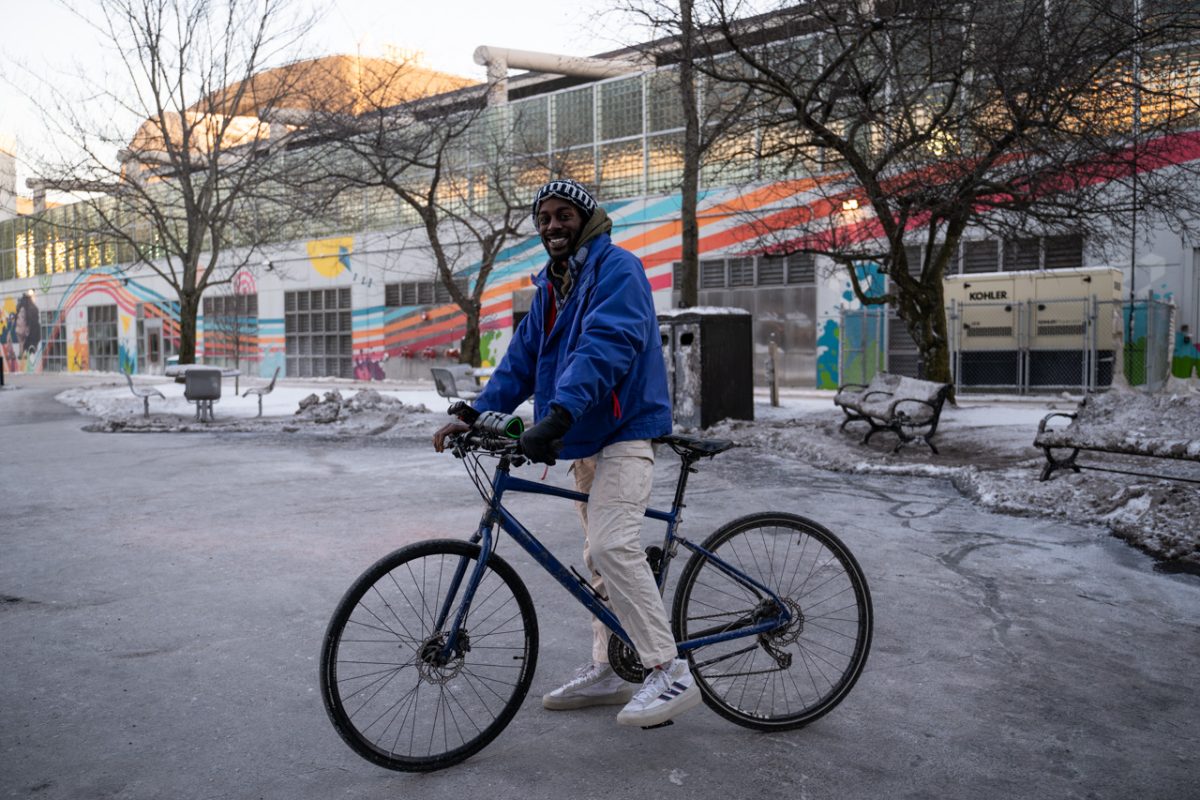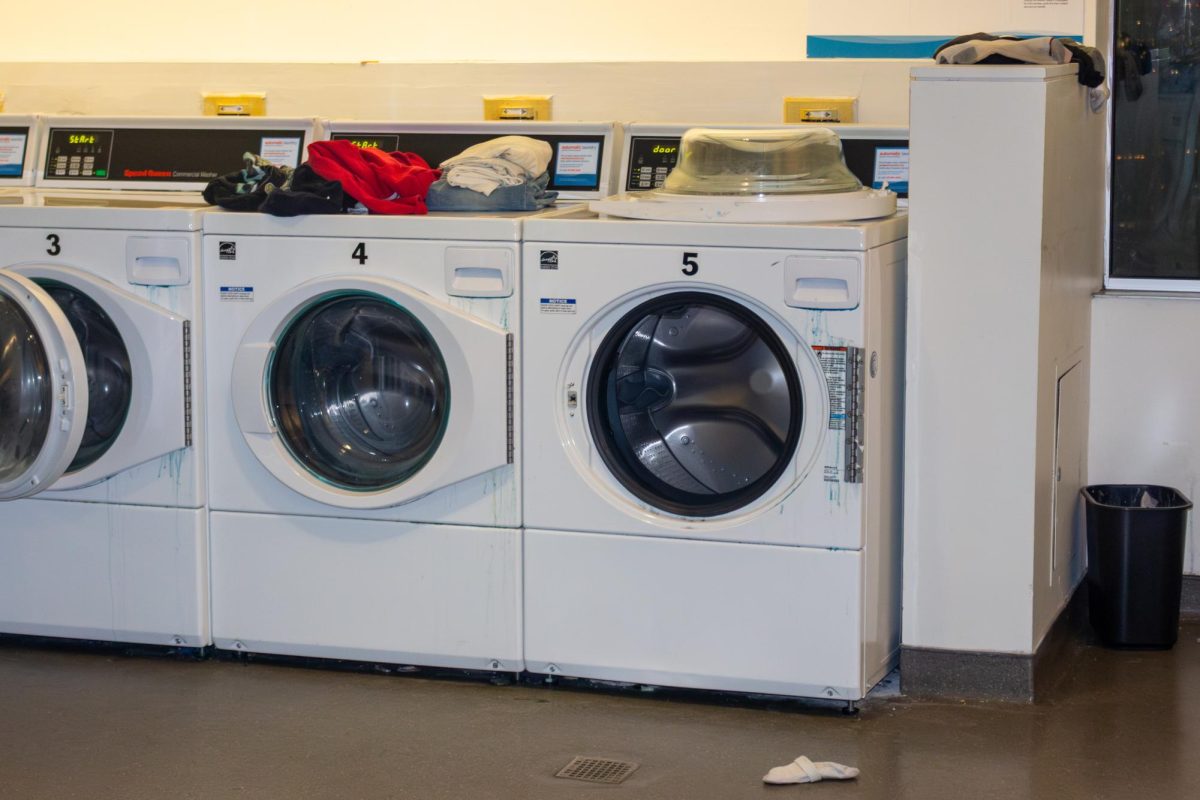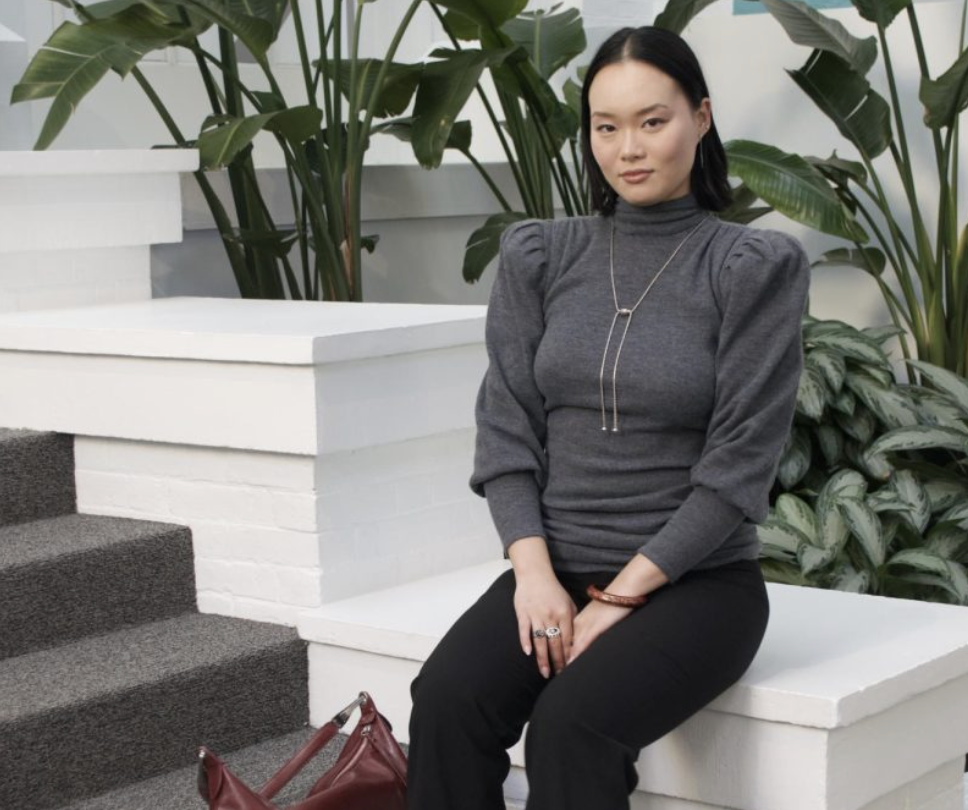Peace Games doesn’t have a demand problem, but rather a supply problem, and the organization needs college students’ help to fix that issue, said Eric Dawson, co-founder and president of Peace Games.
Peace Games, which began at Harvard University 16 years ago, empowers young students to create their own safe classrooms and communities by forming partnerships with elementary schools, families and young adult volunteers, according to the Peace Games website.
Northeastern’s branch of Peace Games, called Social Change through Peace Games, works to expand the Peace Games organization through schools in the Boston area. The groups also helps to sustain the program in schools for free so that children involved in the peacemaking program will always have it, said Alexander Alvanos, president of Social Change through Peace Games.
“The concept of Peace Games – learning through games – immediately drew me in. I feel when I am teaching my class of eighth graders, even on the more challenging days, the discussions we facilitate get kids thinking about issues that affect kids on a global level,” said Denise Pucilowski, a freshman business major and member of the group.
Dawson spoke at the organization’s weekly meeting Monday night, thanking the active participants and encouraging other students to become involved.
There are 98,000 public schools in the United States and Peace Games groups are in 28 of them, Dawson said. Peace Games is for kids in kindergarten through eighth grade.
“Real social change is not the big brush strokes of history but the small details of how we live our lives,” Dawson said. “Real social change isn’t big marches or protests or legislation. It’s how we live our lives.”
Social Change through Peace Games, which Alvanos started at Northeastern in Fall 2006, is the second largest Peace Games branch in the country with more than 55 students working at three schools, Alvanos said.
Peace Games spends the first half of the year teaching lessons from the organization’s curriculum, and the second half is focused on community service.
Dawson said he became involved with Peace Games in his search for a form of justice. His anger came from the fact that children weren’t being kept safe, he said, and the children appreciate it when the volunteers keep coming back.
“Social change is messy. The pictures that you’re given at the volunteer training are not how it works,” he said. “You don’t go into a classroom and change children’s lives just like that. You can’t change fathers who aren’t there or teachers who yell.”
Peace Games has supported 20,000 children and their families and currently serves 8,000 kindergarten through eighth grade students in cities like Boston, Los Angeles and New York, according to their website. This public benefit corporation works to empower children with the skills, knowledge, relationships and opportunities to become peacemakers, and to change how society thinks about violence and young people through Peace Games.
Emily Aicher, a freshman human services major and a member of Social Change through Peace Games, said she joined the program after hearing about it from her friend.
“It’s an incredibly rewarding experience and I get as much out of it as the kids do, if not more,” she said.
Before ending his speech, Dawson said his experiences with Peace Games make him put his everyday obstacles into perspective.
“It makes you realize the traffic you’re stuck in and the midterm you didn’t do so well on aren’t that big of a deal. It makes you see how blessed you are,” he said.




